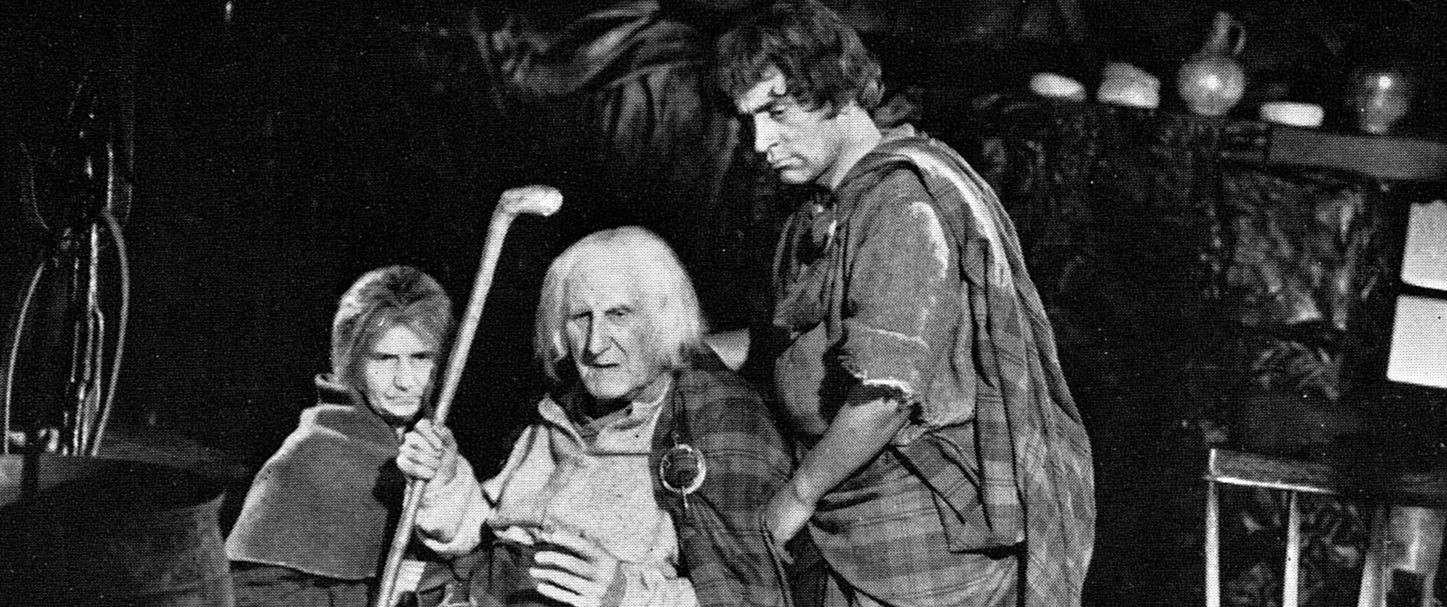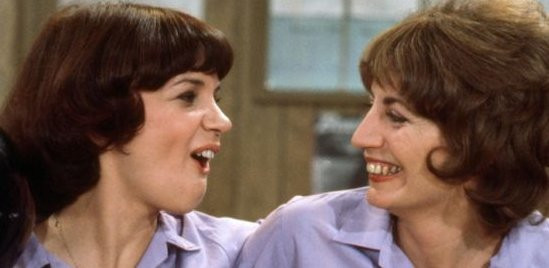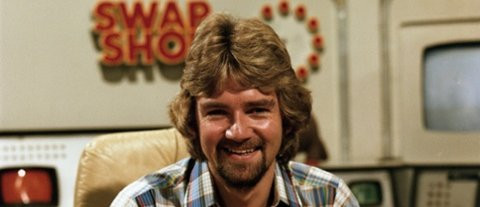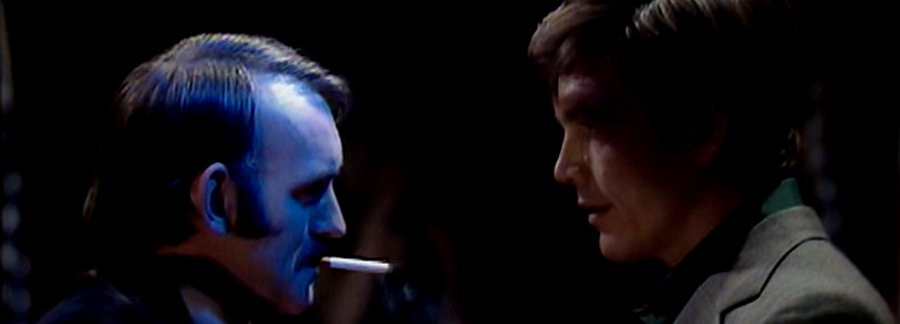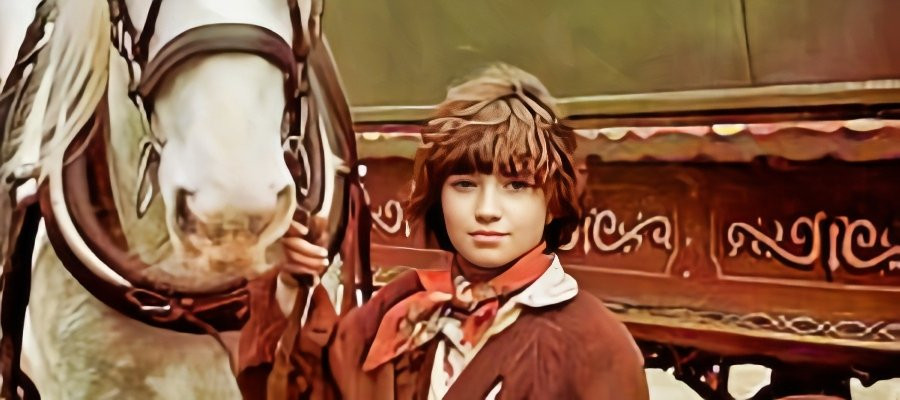
Kizzy
1976 - United KingdomAdapted from Rumer Godden’s novel The Diddakoi, the 1976 children’s serial Kizzy remains a powerful example of hardship fiction, a genre where suffering is piled high on a young protagonist, drawing out both tears and empathy from its audience. Despite a slight narrative reshuffle and the decision to make Kizzy (Vanessa Furst - in her only television role) a full Romany rather than the half-gypsy “diddakoi” of the original novel, the heart of the story remains intact: a fierce, often troubled girl battling for dignity and acceptance in a hostile, narrow-minded village.
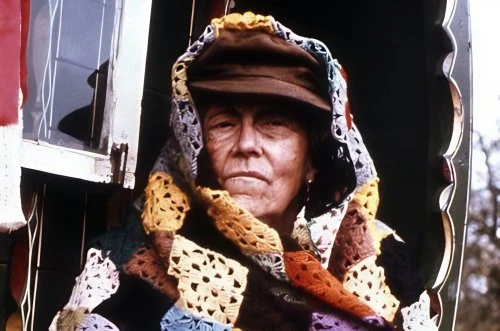
At its emotional core, Kizzy is a story about bullying and intolerance. Kizzy’s life is thrown into disarray when her beloved Gran (Betty Hardy - Hazell) dies, and her traditional caravan is burnt, both events rooted in Romany custom, but devastating nonetheless. From there, the blows keep coming: illness, grief, social services looming, schoolyard cruelty, and ultimately, the death of her horse. It’s unrelenting, yet engrossing, painful to watch but impossible to look away.
What sets Kizzy apart from similar tearjerkers like The Railway Children or A Little Princess is the complexity of its heroine. Kizzy is no demure, saintly victim. She's a wild, often unlikeable figure, quick to anger, prone to sulks and tantrums, and not above spitting in court or scratching her bullies. This emotional honesty gives the story a raw edge that resonates more deeply than simple pathos. Kizzy fights back - sometimes inappropriately but always authentically, and in doing so, she becomes a far more interesting character than the typical tragic waif.
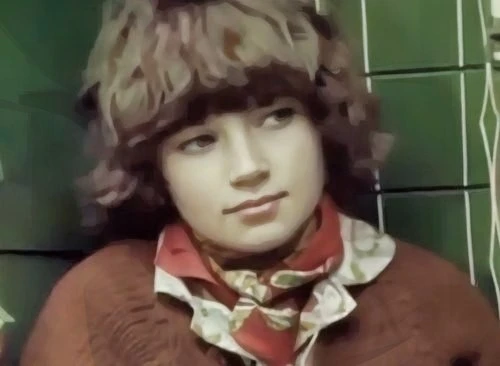
This grit is most memorably crystallized in a harrowing scene where Kizzy, cornered by a group of cruel girls, falls and cracks her head on a wall, a moment seared into the memories of viewers and edited with brutal effectiveness. The series doesn’t shy away from showing the consequences of cruelty, especially the quiet, everyday kind dished out by people who should know better.
Angela Browne’s portrayal of the frosty, class-conscious Mrs Cuthbert adds an extra layer of social commentary. Through characters like her, Kizzy critiques middle-class snobbery and questions the assumptions behind the care system, modernity, and societal ‘norms’.
While it was marketed primarily to girls, Kizzy offered more than just sentimental drama. It was a call for tolerance, a glimpse into a persecuted way of life, and a rare, honest portrayal of a child who refuses to be tamed. The final resolution may lean toward the sentimental and implausible, but after so much suffering, the audience is desperate for Kizzy to find peace, and few would begrudge her the happy ending.
One of the best-remembered “weepies” of its time, Kizzy remains a landmark in children’s drama. Difficult, emotional, and unforgettable.
Seen this show? How do you rate it?
Seen this show? How do you rate it?
Published on September 12th, 2025. Written by Laurence Marcus for Television Heaven.


